
soupçon/ˈsuːpsɒn,ˈsuːpsɒ̃/ noun
1. a very small quantity of something; a slight trace, as of a particular taste or flavorSunday Soupçons is where I scribble mini-reviews for books I don’t have the brainspace/eloquence/smarts to write about in depth – or if I just don’t have anything interesting to say beyond I LIKED IT AND YOU SHOULD READ IT TOO!
One book I loved despite its flaws; one book I feel meh about, despite it being objectively perfectly good.
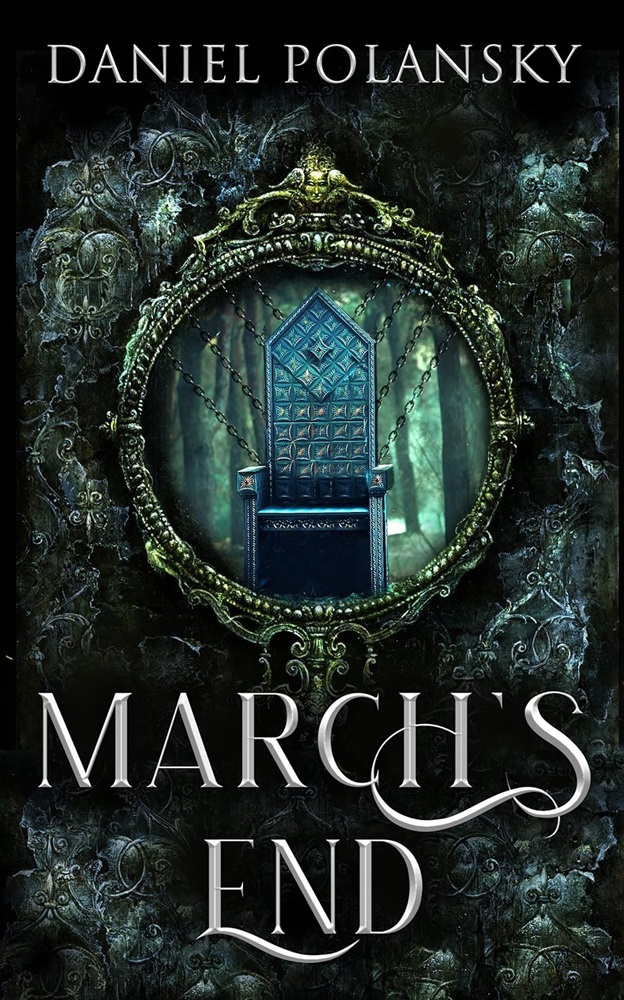
Genres: Fantasy, Portal Fantasy, Queer Protagonists
Representation: Sapphic MC/PoV character
PoV: Third-person, past-tense; multiple PoVs
ISBN: B0B44T4XF3
Goodreads

March's End is a multi-generational portal fantasy of strange magics, epic warfare, and deadly intrigue, in which the personality conflicts and toxic struggles of the Harrow family are reflected in the fantasy world they've sworn to protect.
The Harrows are a typical suburban family who, since time immemorial, have borne a sacred and terrible charge. In the daylight they are teachers, doctors, bartenders and vagrants, but at night they are the rulers and protectors of the March, a fantastical secondary world populated with animate antiquated toys and sentient lichen, a panorama of the impossible where cities are carried on the backs of giant snails, and thunderstorms can be subdued with song.
But beneath this dreamlike exterior lie dark secrets, and for generation after generation the Harrows have defended the March from the perils that wait outside its borders – when they are not consumed in their own bitter internecine quarrels.
In the modern day the Harrow clan are composed of Sophia, the High Queen of the March, a brilliant, calculating matriarch, and her three children – noble Constance, visionary, rebellious Mary Ann, and clever, amoral Will. Moving back and forth between their youth, adolescence, and adulthood, we watch as this family fractures, then reconciles in the face of a conflict endangering not only the existence of the March, but of the ‘real world’ itself.
THE MARCH’S END is a book about growing up, in which the familial struggles of the Harrows are threaded through the mythic history of the fantastical land they protect. It is a story of failure and redemption, in which the power of love is tested against forces that seek to break it, and the necessity of each generation to recreate itself is asserted.
I don’t usually enjoy grim, cynical, everything-is-awful stories – and if you don’t either, there’s a good chance you’re not going to love March’s End. Even if you do enjoy that sort of thing, this book is pretty objectively flawed – the last little bit of the story, the finale, was especially messy, and left me pretty confused about quite a few things. There’s an honestly ridiculous number of typos, and/or words that might be typos or might not (it’s still unclear to me if ‘yearling’ is like ‘sheep’, a word that can be singular and plural; and there were other instances where using the noun form of a word instead of the verb might have been a deliberate stylistic choice, or might have been a mistake). Not gonna lie, that drove me a little bonkers.
And yet, I enjoyed the hell out of the book as a whole. The March is such a whimsically weird world that I couldn’t help adoring it, even when things started going wrong in it – a land of living toys, another of sentient flower-people, another of clockwork robots…I loved getting to explore it, everything we learned about it, every time Polansky introduced us to a new type of being that lived in that world or gave us a new detail about their cultures.
The Harrows themselves are terribly messy people – not in a badly-written way, but in an all-too-believable way. My gods, the family drama! I’m not sure I liked any of them, though I sympathised with most of the POV characters at least some of the time. I definitely felt for Constance, with the whole Eldest Sibling syndrome – responsible, hardworking, devoted…and completely taken for granted and overlooked despite it. Mostly, I’m willing to point the finger and say that with as useless (and sometimes actively awful) as the parents were, I don’t know why they expected their kids to be anything but disasters. Kudos to Constance for being the most functional, at least.
By day, the Harrows live normal lives in our world; by night, they’re the all-powerful rulers of the March. As with most things about the Harrows’ relationship to the March, the mechanics of how this works goes unexplained – it’s especially confusing when you realise that their beds in our world are empty while they’re in the March, so it’s not some kind of astral projection or having multiple bodies situation. And yet, their bodies in the March are different from the ones they have in our world. ??? How did the Harrows discover the March at all, never mind end up in charge of it? No clue.
Normally that kind of thing would be maddening enough to make me DNF…but I just found this so readable. I think I read it while I was in exactly the right mood for it; if I’d been reading it at any other time, I might not have clicked well with it. The ending left me confused, and wow did it get dark at times, but I had so much fun, and that’s kinda what counts, in the end, isn’t it?
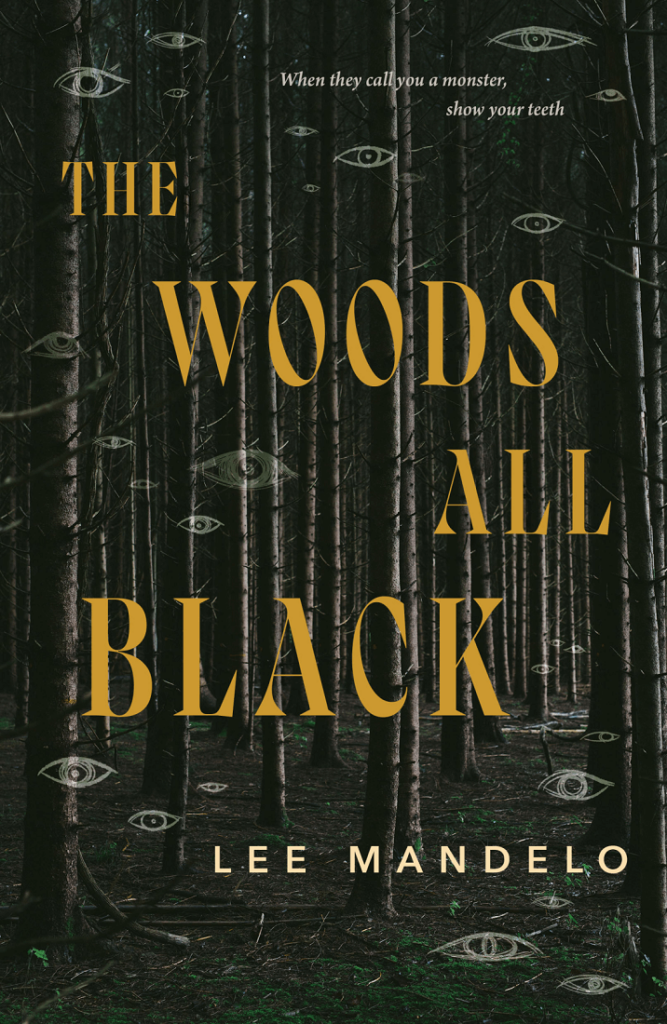
Genres: Horror, Queer Protagonists
Representation: Bi/pansexual trans MC, major trans/nonbinary character
PoV: Third-person, past-tense
ISBN: 1250790328
Goodreads

The Woods All Black is equal parts historical horror, trans romance, and blood-soaked revenge, all set in 1920s Appalachia
Leslie Bruin is assigned to the backwoods township of Spar Creek by the Frontier Nursing Service, under its usual mandate: vaccinate the flock, birth babies, and weather the judgements of churchy locals who look at him and see a failed woman. Forged in the fires of the Western Front and reborn in the cafes of Paris, Leslie believes he can handle whatever is thrown at him—but Spar Creek holds a darkness beyond his nightmares.
Something ugly festers within the local congregation, and its malice has focused on a young person they insist is an unruly tomboy who must be brought to heel. Violence is bubbling when Leslie arrives, ready to spill over, and he'll have to act fast if he intends to be of use. But the hills enfolding Spar Creek have a mind of their own, and the woods are haunted in ways Leslie does not understand.
The Woods All Black is a story of passion, prejudice, and power — an Appalachian period piece that explores reproductive justice and bodily autonomy, the terrors of small-town religiosity, and the necessity of fighting tooth and claw to live as who you truly are.
I read this in a single day, but less because it was can’t-tear-myself-away and more because I kept waiting for something to happen. Something of interest to me, I mean, which really means something supernatural and scary. And it took quite a while for us to get there.
In fairness, the supernatural elements are clearly not supposed to be the source of the horror: instead, it’s all the Christian fundie awfulness, which, legit awful! But…that’s not new. It’s pretty mundane (which is its own source of horror, really, that that kind of hatred can feel like a given, obvious, something to take for granted) and honestly, I find it…is there a word that means rage-inducing but boring? Because that’s how I feel about it.
Leslie himself is a pretty amazing character, and I really loved that we got a trans MC who doesn’t experience terrible dysphoria at being misgendered – Leslie goes into Spar Creek knowing he’ll be living as a woman while there, and while it’s clearly not his preference, he’s pretty okay with it. The opinions and (mis)perceptions of small-minded, backwards, or just plain ignorant people clearly aren’t important to him, unless/until they start to impact his safety, or his ability to do his job (caring for the ill, dispensing vaccinations, etc). I continue to be happy to see more varied depictions of trans characters; it wasn’t that long ago that every trans character, without fail, experienced the same kind of awful, all-consuming body dysphoria. But in real life, trans people aren’t a monolith, and everyone has their own relationship with their bodies and the way they’re perceived. Sometimes that means minimal dysphoria, or even none at all. So yay for that kind of rep!
Ironically, the pushback Leslie experiences in Spar Creek isn’t because the residents think he’s an ‘invert’; it’s because the local preacher has Opinions on educated women, which is what they think Leslie is. It’s enough to make you bang your head against the table, it really is.
I wasn’t that impressed with the supernatural aspects. They were…fine. I feel like there were some really cool ideas here that weren’t push far enough (for me); in hindsight, I feel like that about Mandelo’s debut Summer Sons as well. Maybe I’m too used to fanfic and self-and-indie-pubbed books, because what’s considered transgressive and boundary-pushing in trad-pub is really not impressing me lately.
So…it was fine. Objectively perfectly decent. But I feel kind of underwhelmed, overall. I think Mandelo’s coming off my auto-buy list, but I’ll keep paying attention to anything he publishes in the future!
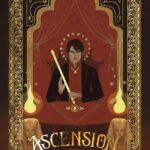


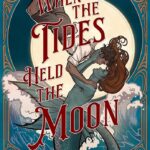
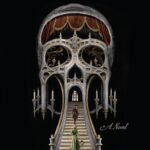
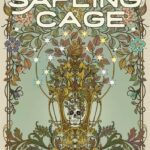
Leave a Reply